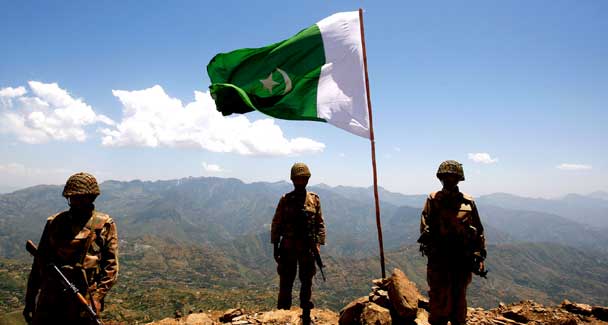Pakistan is expected to shift from a mostly rural country to mostly urban country within the next two to three decades, which could have far-reaching effects on its future politics and stability.
A new study from the RAND Corporation, a nonprofit research organization, examines three cities in Pakistan – Karachi, Lahore and Quetta – to see how this population shift may change the country. Pakistan is already one of the most urbanized countries in South Asia, but the increasing urbanization is likely to cause numerous changes including:
Increasing Urbanization May Fuel Anti-American Sentiment in the Near Term
- Urbanization is often accompanied by increased access to national and international news.
- In Pakistan, news about the United States typically focuses on inflammatory topics, such as drones, Guantanamo, and conflict in the Middle East.
Increasing Urbanization Is Likely to Change the Dynamic of Counterterrorism
- In recent years, the locus of U.S. counterterrorism operations has often been lightly settled areas in the Federally Administered Tribal Areas.
- The type of counterterrorism operations favored in rural areas (particularly drone strikes) is virtually impossible in an urban setting, where the tactics and strategy required are far different.
Demography and Urbanization Are Likely to Increase Demand for Political Reform
- While rural citizens might have suffered poor governance in silence, their urbanized children are less likely to do so.
- In the near term, demand for accountability decreases the ability of Pakistani leaders to pursue policies (such as tacit support for U.S. drone strikes) that are highly unpopular.
- In the long term, however, the trend may prove beneficial to U.S. security interests.
From a U.S. security perspective, the study suggests that increasing urbanization may fuel anti-American sentiment and radical trans-national Islamist groups. The dynamic of counterterrorism also is likely to change, as the kinds of operations favored in rural areas – including drone strikes – is virtually impossible in an urban setting.
Demographic shifts are likely to make Karachi a potential site for increased terrorism and anti-American extremist operation, according to the study. However, demography and urbanization are unlikely to bring Islamist parties to power at the center or in Punjab and Sindh. In fact, urbanization may increase demands for political reform.
View full report in PDF format:
Drivers of Long-Term Insecurity and Instability in Pakistan (415 downloads)










